Dhaka, Oct 30 (V7N)- Chief Adviser Dr Muhammad Yunus, in an interview with the Financial Times, characterized the ousted Awami League (AL) of former prime minister Sheikh Hasina as having "all the characteristics of fascism," asserting that the party "has no place" in Bangladesh's immediate political future.
Expressing strong views on AL, the Nobel laureate hinted at a zero-tolerance stance towards the nation’s largest political entity. Yunus clarified, however, that his interim government, while committed to reforms, would not pursue Hasina's extradition from India at this time to avoid diplomatic tensions with Bangladesh's neighboring ally.
Dr Yunus stated, "In the short run, definitely she [Hasina] has no place—the Awami League doesn't have a place—in Bangladesh," attributing the party’s control over state machinery and institutions to its longstanding dominance. "No fascist party should be in existence in a democratic system," he said, underscoring his stance against AL's continued presence.
Over Sheikh Hasina's 15-year rule, her party has faced accusations of election tampering, extrajudicial activities, and political domination of state institutions. Following her departure, debate has ensued among Bangladeshis over whether the AL should be suspended, reformed, or entirely banned. Dr Yunus noted that any decision regarding the party’s future would ultimately rest with a consensus among political parties rather than his interim administration.
Despite Sheikh Hasina’s ambiguous location in India, the Awami League has signaled its readiness for elections. Khalid Mahmud Chowdhury, former MP and AL’s organizing secretary, emphasized the party's commitment to joining the electoral process.
The interim government, led by Yunus, aims to lay the groundwork for elections, forming 10 commissions to reform critical institutions such as the police and judiciary. Yunus himself affirmed he has no intention of engaging in politics long-term, indicating that any electoral timelines will be discussed with political parties once reforms are established.
The ouster of Hasina's government has complicated relations with India, a key ally. Yunus stated that his government would consider Hasina's return post-verdict from a domestic tribunal where she and 45 others face charges for crimes against humanity. "When the verdict comes out, we'll try to get her back through the extradition treaty with India," he explained.
On allegations of violence, particularly concerning Hindu communities in Bangladesh, Yunus acknowledged isolated incidents but refuted claims of religious targeting, emphasizing instead that Awami League affiliations were at the heart of the attacks.
Dr Yunus expressed a desire to mend relations with India, remarking, "We are neighbors, we need each other, we must have the best relationship that any two neighbors should have," extending a welcome to Indian Prime Minister Narendra Modi to visit.
END/MSS/aj



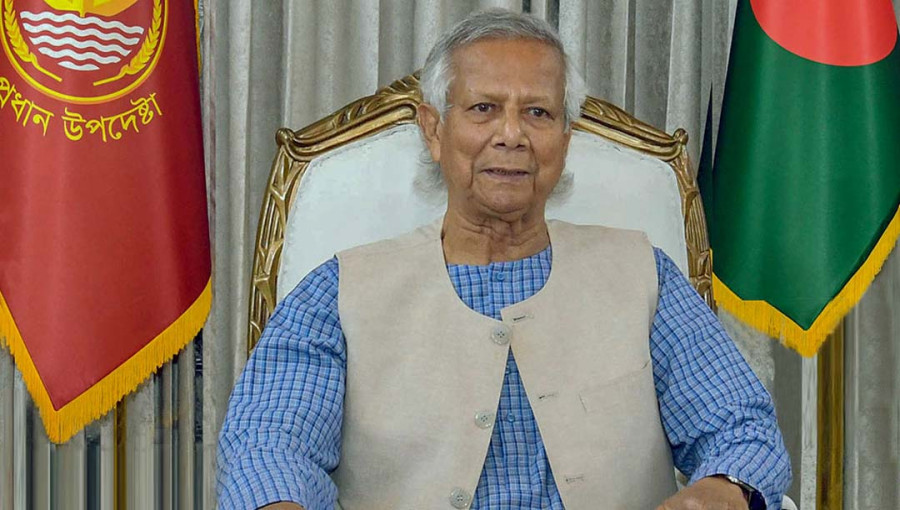
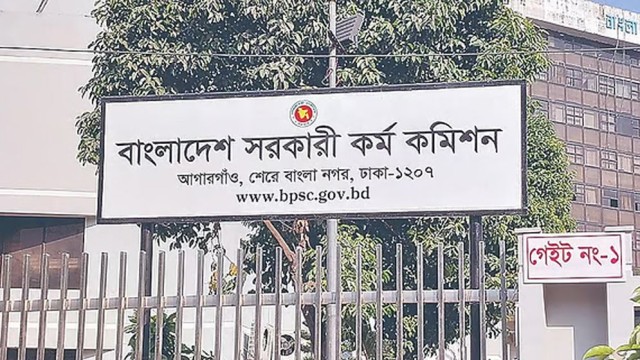
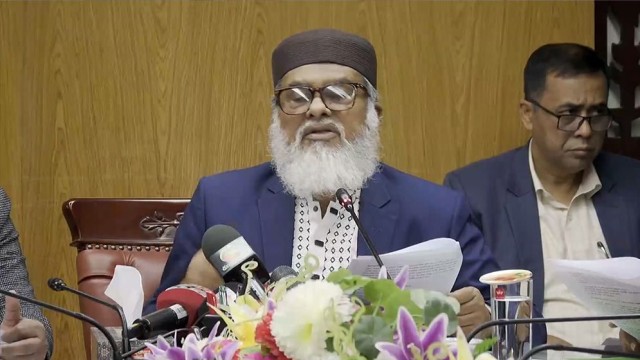
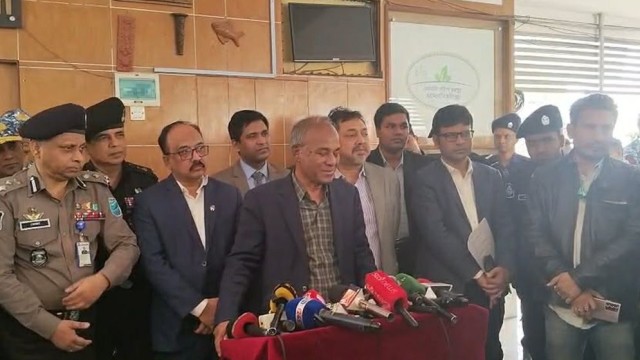


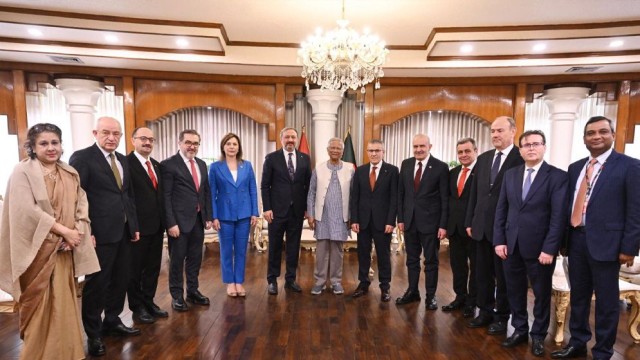





















Comment: